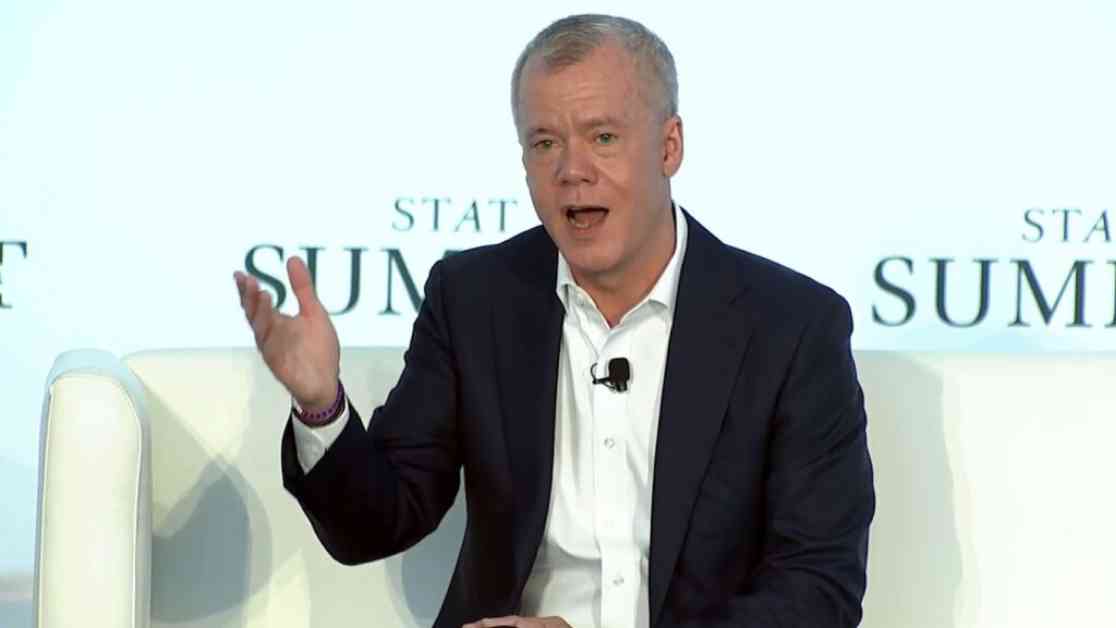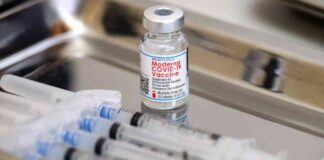During the final stretch of the 2024 campaign, pharmaceutical company executives have not been very active in donating directly to political candidates. However, those who did donate mostly chose to support Democratic candidates. Out of the six executives who made contributions to individual candidates between July 1 and Sept. 30, five donated to Democrats, despite the fact that Democratic lawmakers had implemented significant drug pricing reforms in 2022.
One notable donation came from Bristol Myers Squibb CEO Christopher Boerner, who contributed to a Democrat in the lead-up to the election. This trend of supporting Democratic candidates is interesting, especially considering the impact of drug pricing reforms that were previously passed by Democratic lawmakers.
While most executives preferred to donate to their companies’ political action committees, those who did make individual contributions showed a clear preference for Democratic candidates. This decision could have significant implications for the pharmaceutical industry, as the political landscape continues to evolve.
It is essential to closely monitor these contributions and the political affiliations of pharmaceutical company executives, as they can provide valuable insights into the industry’s priorities and interests. The intersection of health policy and business in Washington is a complex and dynamic environment, and understanding the relationships between pharmaceutical companies and political candidates is crucial for gaining a comprehensive view of the industry’s influence.
As the 2024 election approaches, the decisions of pharmaceutical executives to donate to Democratic candidates signal a potentially shifting landscape in terms of industry priorities and relationships with policymakers. By analyzing campaign finance records and tracking these contributions, we can better understand the influence of pharmaceutical companies on the political process and anticipate potential changes in healthcare policy moving forward.

















